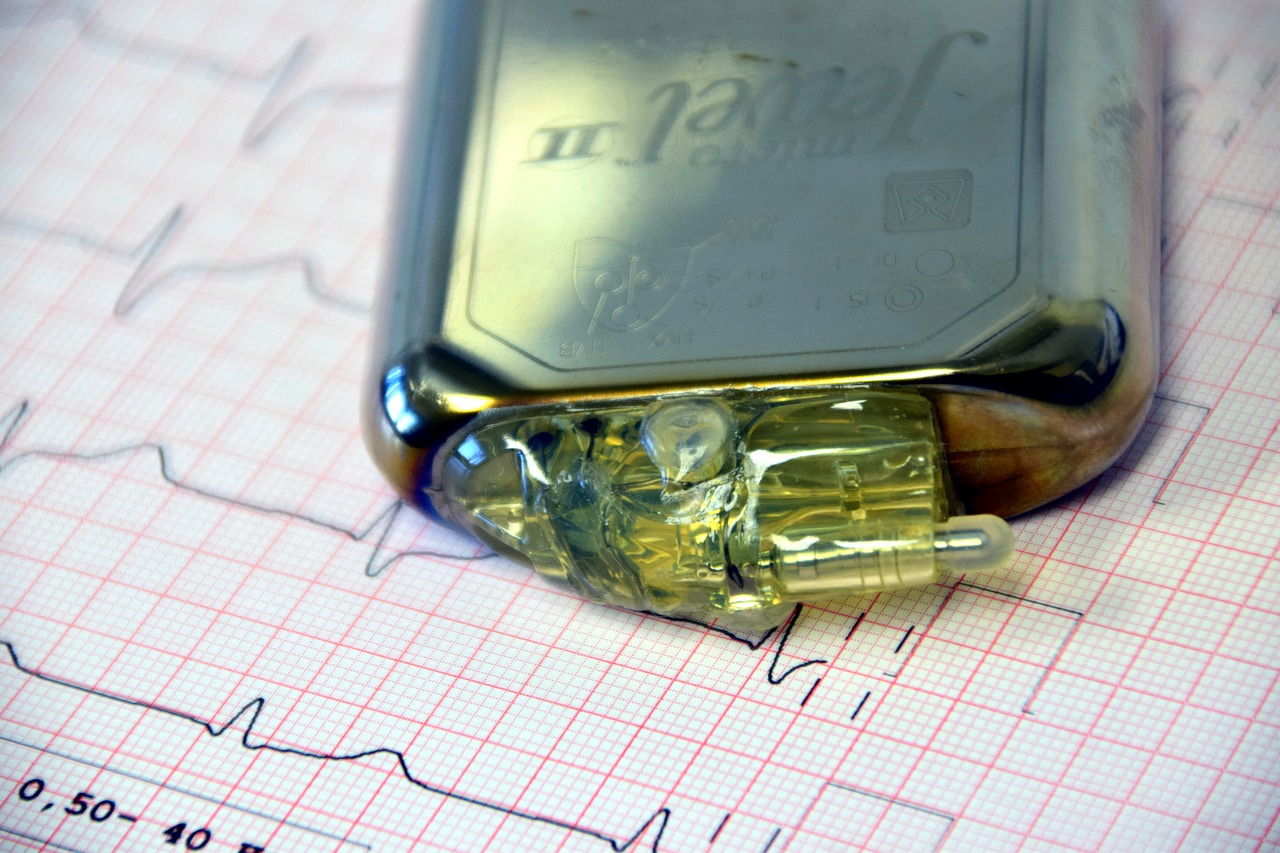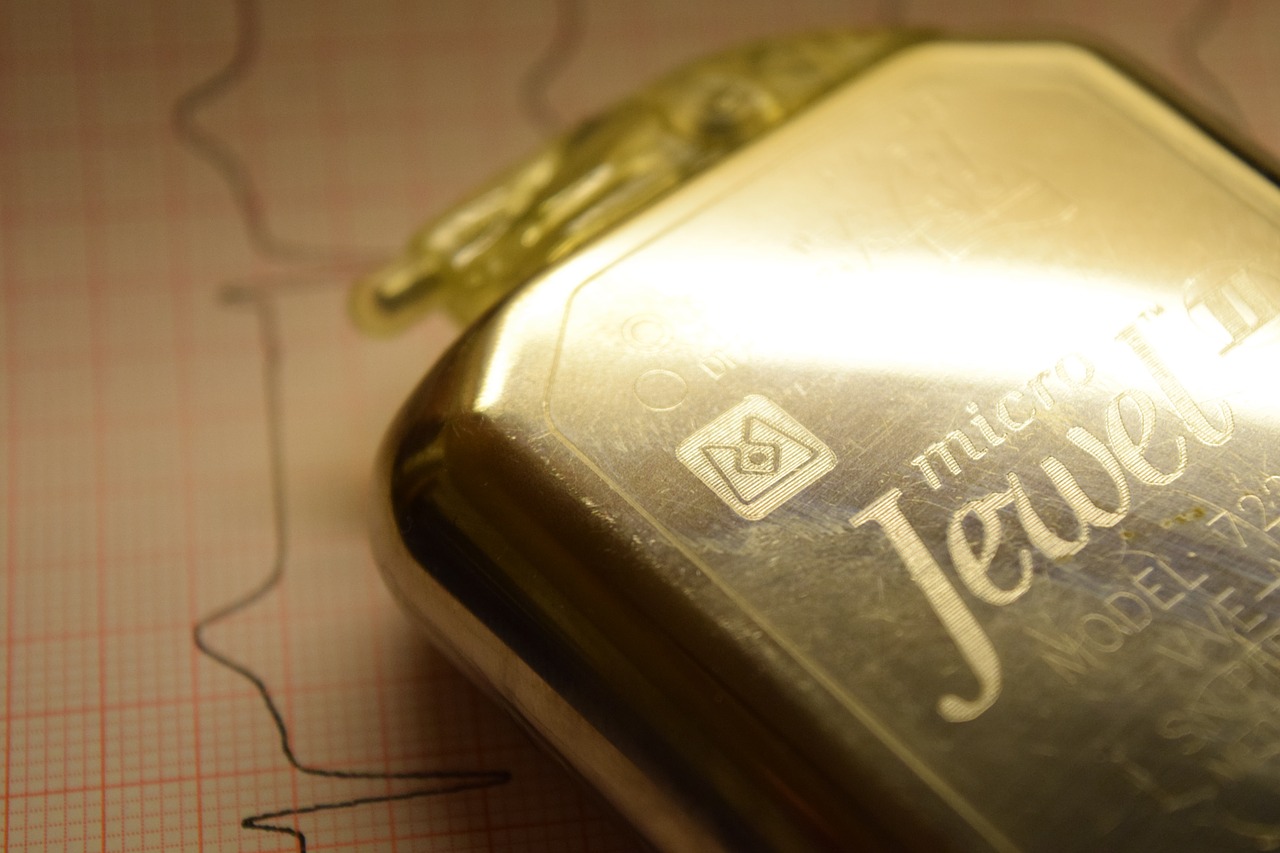How Long Does A Pacemaker Last
If you are one of the millions of people who have a pacemaker, also referred to as a mechanical heart, then you may be wondering how long it will last. While life expectancy varies from person to person, some general guidelines help you understand what to expect. This blog post will explore the average lifespan … Read more



